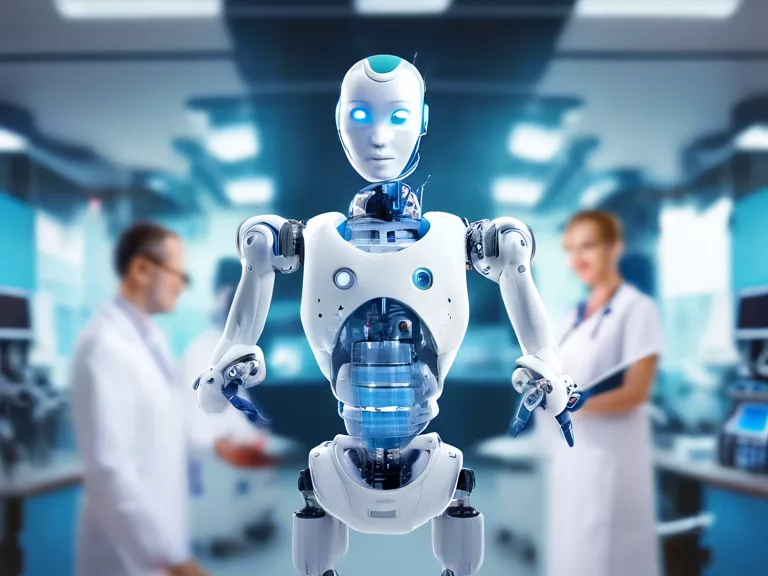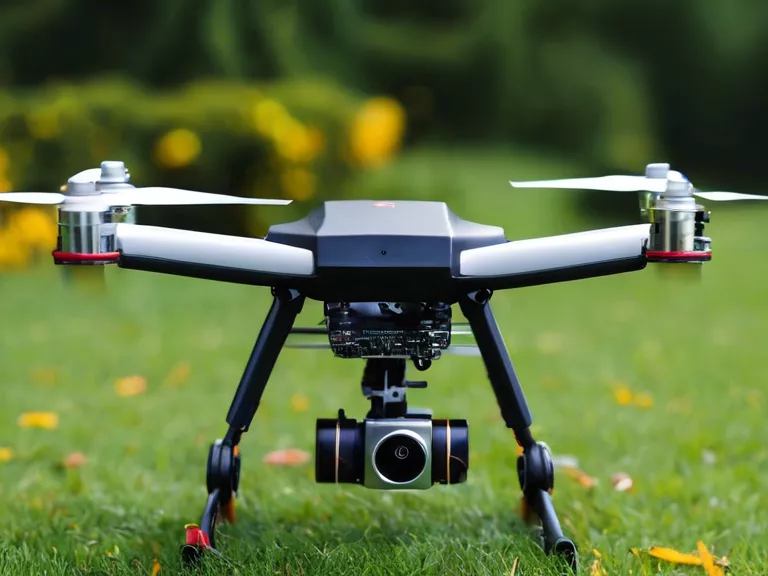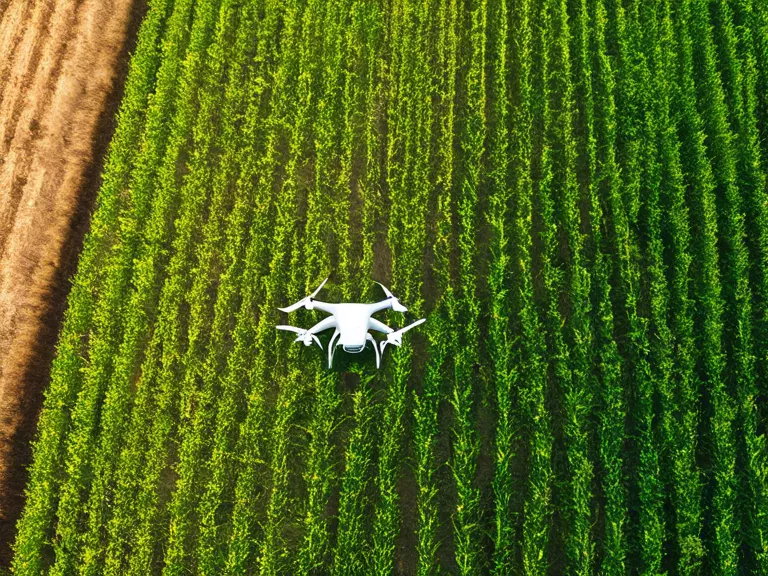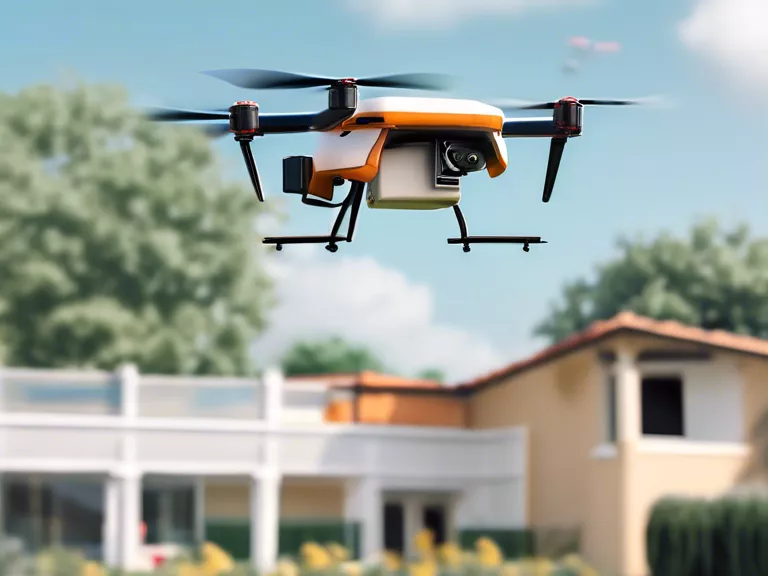
With the rapid advancement of technology, robotics is revolutionizing the healthcare industry, particularly in the field of precision surgeries and assistance. Robotics in healthcare has significantly improved the accuracy, efficiency, and outcomes of various medical procedures, benefiting both patients and healthcare professionals.
One of the key advantages of using robotics in surgery is the precision it offers. Robots can perform delicate procedures with unparalleled accuracy, minimizing the risk of human error. This precision is especially crucial in complex surgeries where millimeter-level accuracy is required. Surgeons can control robotic arms with incredible dexterity, allowing them to access hard-to-reach areas and perform intricate maneuvers with ease.
Another benefit of robotics in healthcare is the ability to enhance visualization. Advanced robotic systems come equipped with high-definition cameras that provide surgeons with a magnified, detailed view of the surgical site. This level of visualization enables surgeons to identify and address issues that may not be visible to the naked eye, leading to more successful outcomes.
Robotic assistance is also transforming the way healthcare professionals approach patient care. Robots can assist in a wide range of tasks, from performing routine procedures to providing companionship and support to patients. In some cases, robots can even help with physical therapy and rehabilitation, enabling patients to recover faster and more effectively.
As technology continues to evolve, the potential applications of robotics in healthcare are limitless. From minimally invasive surgeries to remote healthcare delivery, the future of healthcare is being shaped by robotics. With continued research and development, we can expect to see even more innovative uses of robotics in healthcare, ultimately improving patient outcomes and revolutionizing the way we approach medical care.



